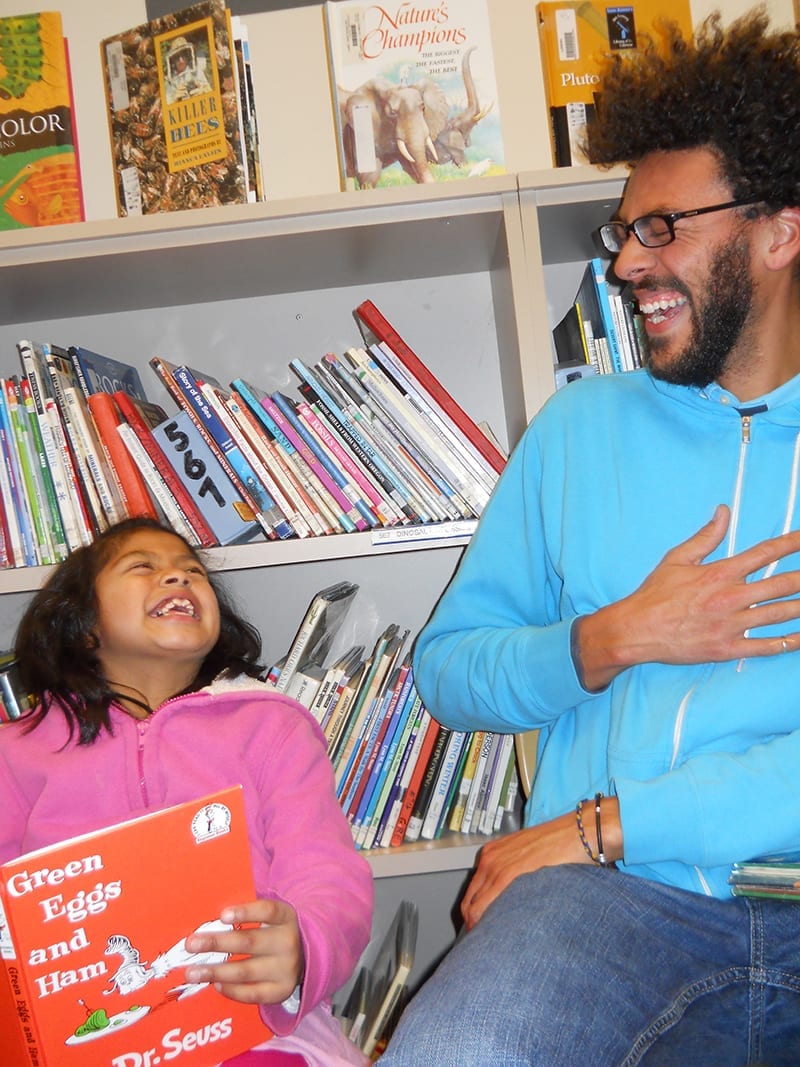Based in Oregon, SMART is a nonprofit that encourages early childhood literacy and fosters a love of reading in children.
In a perfect world, every child would have a parent to sit down with them at night and read Green Eggs and Ham. The reality is that many children don’t get the support or resources they need to fall in love with reading.

In Oregon, a literary program is tackling the problem by leaning on volunteers, many of them retirees, to step in as surrogate teachers for a few hours per month. These volunteers dedicate their time as reading buddies and mentors, allowing students to explore the world of reading at their own pace with a captive audience.
Founded in 1992, SMART (Start Making A Reader Today) is an Oregon-based nonprofit organization that encourages early childhood literacy and fosters a love of reading that kids carry with them throughout their lives. SMART works to improve literacy and cultivate an early love of reading that builds stronger readers by the time kids are in third grade, which is the critical point of education for kids, said Sue Stephens, the senior program manager for SMART.
The program pairs students with volunteers to read one-on-one for the school year. Each student takes home two free books each month that they can keep to start building a personal library. Teachers benefit from reduced reading class sizes since SMART program kids leave the classroom, resulting in more individualized attention for all students.
In Central Oregon, SMART has twenty-two programs in preschools and elementary schools throughout Crook, Deschutes, Jefferson and Grant counties. Jeri Coffin, the site coordinator for SMART at Roslund Elementary School in La Pine, said that giving out the free books is one of the best ways to keep kids reading at home.
“There are families who don’t have the funds to buy books or may not be able to go to a library to get books,” said Coffin. “Kids get to pick the books they take home. If they fall in love with the book, they are more apt to read it with their parents.”
One of the problems that SMART can run into, which happened with two Central Oregon elementary schools in 2014, is overcrowding in schools, which can mean a lack of space to run the reading the program. With new elementary schools recently added to the Bend-La Pine School District, Stephens doesn’t anticipate having a problem with overcrowding in the future.
Most of the volunteer readers are retired. Stephens said the bond that the pairs form is a crucial to the program’s success. “There’s that magic that happens between the older generation and the kids,” said Stephens.







